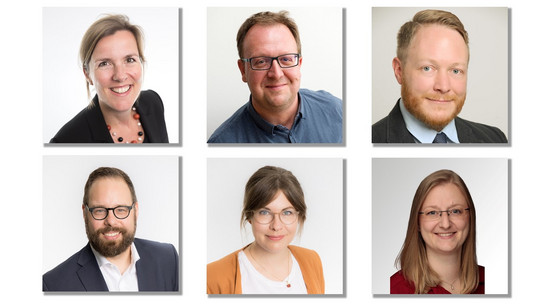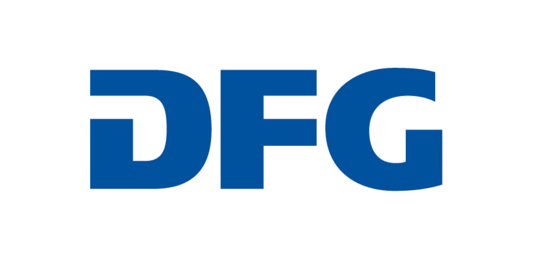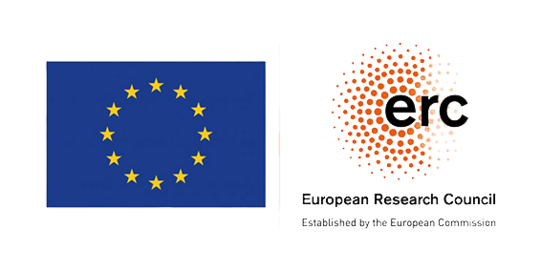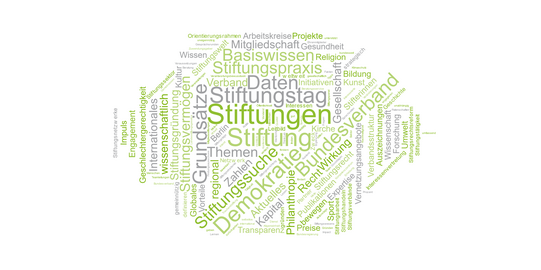Individual projects
Within the framework of an individual project, the project leader investigates a specific object of research together with the personnel applied for. In contrast to individual funding, the focus is on the scientific quality of the project. Although the suitability of the applicant is the central evaluation criterion, the position of project leader cannot always be co-financed.
Financing possibilities for individual projects
A typical form of the individual project funding is the DFG individual research grant (“Sachbeihilfe”). However, there are also a variety of funding formats that you can use to finance your research projects that are limited in time and subject matter. The various funding formats differ not only in terms of the funding provider, but also in terms of the funding profile (i.e. the type of research funded, the topic, and the disciplines), the scope, and the review process. These differences are illustrated below using the formats for individual project funding by three types of funding agencies.

The Deutsche Forschungsgemeinschaft (DFG, German Research Foundation) is one of the public funding agencies. Within the framework of individual research grants, individual projects (as distinct from collaborative projects) are funded. One or more applicants can apply for funding.
- Funding profile: The funding focuses on basic research in all disciplines and open to all topics.
- Scope: With the format “individual research grant”, research projects with a usual scope of 1 to 2 staff positions are funded for 3 years. In addition to personnel funds, you can raise material resources for equipment, conference travel, and printing costs as well as funds for workshops. Postdocs can obtain their own temporary position as project leader within the framework of an individual research grant.
- Application and deadlines: The procedure is a one-step process. You can submit applications for individual research grants at any time. The submission is done via the online portal elan. You must inform the DFG liaison officer of each application by e-mail.
- Review: Specially selected reviewers carry out the review according to internal scientific criteria. The average funding rate across all subjects is about 35%. The processing time of your application – from submission to decision – takes more than 6 months on average.
The ministries (federal and state) are also public funding agencies that support individual projects through calls for proposals.
- Funding profile: The ministerial funding focuses on application-oriented research. Funding is provided within the framework of topic-related calls for proposals. The choice of topics is politically motivated, for example, because of their current social relevance. Because of the thematic focus, calls for proposals generally prefer certain disciplines.
- Scope: The usual project duration is 3 years. The financial scope varies greatly between the individual calls.
- Application and deadlines: The application procedure usually consists of two steps. Often a legally binding signature from the university is required in the first stage. Each call for proposals has its own submission deadline. In the case of federal ministries, the submission is done via the portal easy-Online (in German only).
- Review: The review is usually carried out by a more or less inter- and transdisciplinary panel of experts and therefore not by expert reviewers. In contrast to the DFG, the review process focuses less on the relevance of the project within the respective scientific community and more on the potential social benefit of the project.
Foundations are private donors and their funding is geared to the respective foundation's purpose. Due to the very different orientations and sizes of supporting foundations, there is a wide range of individual project support in the foundation sector.
- Funding profile: Foundations set their own funding profiles in accordance with their purpose. Depending on the foundation, the focus is more on basic research or more on application-oriented research. In most cases, funding concentrates on specific topics or disciplines – in the case of the Fritz Thyssen Foundation, for example, the humanities, social sciences, and biomedicine. Project applications must always relate thematically to one of the foundation’s areas of support.
- Scope: The scope of project funding by foundations varies greatly. For example, project funding by the Fritz Thyssen Stiftung bases on the individual research grant from the DFG. However, the personnel funds are explicitly limited to one postdoctoral position or two doctoral positions. Other foundations also set a financial upper limit.
- Application and deadlines: The procedures are usually one-step and in principle somewhat leaner. Foundations usually set regular deadlines for the submission of applications in their programs – usually annually or semi-annually (usually based on the meetings of the scientific advisory board).
- Review: The review depends on the respective foundation's own funding goals. Depending on the funding objectives, both expert review systems and review panels are used in the foundation’s area of responsibility.
Application
The application processes vary greatly depending on the funding agency and format. For example, some formats require legally binding signatures from the university management and corresponding checks, while others do not. To be on the safe side, you should discuss the application formalities in advance with Research Support Services. You are welcome to contact us by e-mail.
Services and contact persons
If you are looking for a suitable format for funding individual projects, the Grants Services Team will support you.
With regard to the application for individual projects, the services offered by the office include:
- the selection of a suitable funding format,
- a consultation regarding the specific requirements of the chosen format,
- and a strategic review of your application.










